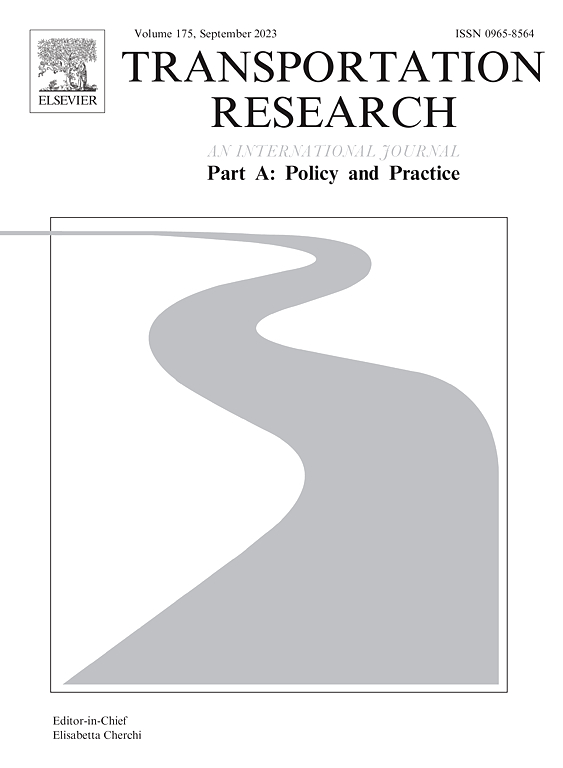Uncovering the social and spatial effects of fare cuts on public transport with mobile geolocation data

Abstract
Subsidizing public transit fares is a common policy tool for promoting sustainable mobility and reducing car dependency. Nonetheless, few studies have been able to investigate the causal impact of large fare subsidies on travel behavior patterns. This study investigates the impacts of a nationwide fare reduction policy in Germany- the Deutschlandticket (DT), which priced regional and local transit at 49 euros per month, effective from May 2023 through December 2024. Using large-scale mobile geolocation data from over 11.1 million mobile phone devices, covering 11.7 billion geolocation records in March, April, and May for 2022 and 2023, we employed a time-shifted difference-in-difference model to assess changes in visitor volumes and distance of trips to various locations across Germany. Our results indicate that the D-Ticket increased visit numbers (+26.2%) and increased travel distances (+11.8%) in the first month. Moreover, we found that the impact varied spatially and socioeconomically- urban centers such as high-activity hubs experienced the highest increase in visits and travel distance. Areas visited by a higher share of the foreign population (residents w/o German citizenship) and people from low-rent areas benefited the most, seeing more substantial increases in trips and distances. These results contribute to understanding the effectiveness of transit policy interventions by offering large-scale, high-resolution, and previously unobserved evidence of how they influenced mobility in Germany. Our study provides valuable insights into the broader impacts of public transit pricing, informing equitable and effective fare subsidy policies.